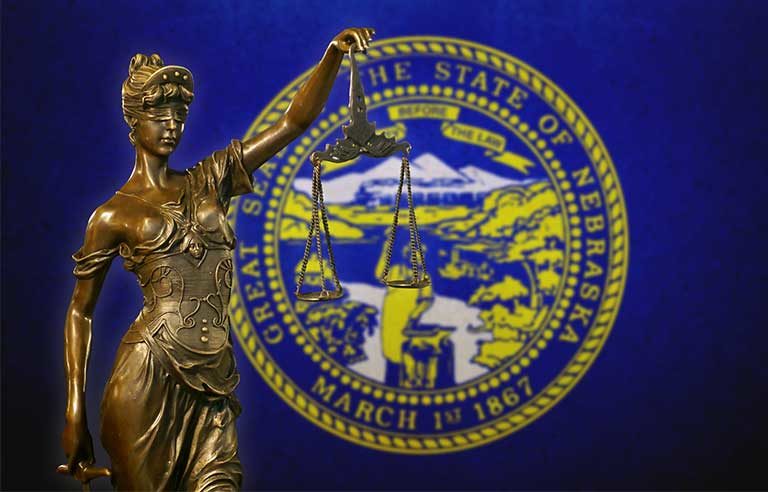Workers’ comp case makes its way to Nebraska Supreme Court

Photo: Gwengoat/iStockphoto
Lincoln, NE — A corrections worker who was injured during a self-defense training course wasn’t wrongfully terminated after her injury left her with permanent work restrictions, the Nebraska Supreme Court has ruled.
On Sept. 9, the court ruled that Suzette D. Dutcher’s claim was barred by workers’ compensation exclusive remedy – a statute stating that if an employee files a claim for benefits subject to the Nebraska Workers’ Compensation Act, that action constitutes a release of all claims “arising from such injury” against the employer.
In April 2015, Dutcher suffered an injury to her right knee while completing the required training. Her medical expenses associated with the injury were covered through the state’s third-party administrator for workers’ comp claims. She took part in unsuccessful physical therapy and underwent surgery before returning to work with physical restrictions. Dutcher had additional surgeries in September 2015, June 2018 and August 2018. She received regular payments for temporary total disability starting in August 2015.
In September 2016, the Nebraska Department of Correctional Services sent Dutcher a letter notifying her that, pursuant to department policy, she had 90 days to find a new position within the department or be terminated.
Unable to do so, she was relieved of her duties. In 2017, a physician said the injury left Dutcher with permanent work restrictions. As a result, Dutcher sued the department under the Nebraska Fair Employment Practice Act for wrongful termination on the basis of her disability, according to the National Council on Compensation Insurance.
The court states that its ruling shouldn’t be interpreted as limiting an employee’s ability to file wrongful termination claims.
Post a comment to this article
Safety+Health welcomes comments that promote respectful dialogue. Please stay on topic. Comments that contain personal attacks, profanity or abusive language – or those aggressively promoting products or services – will be removed. We reserve the right to determine which comments violate our comment policy. (Anonymous comments are welcome; merely skip the “name” field in the comment box. An email address is required but will not be included with your comment.)

